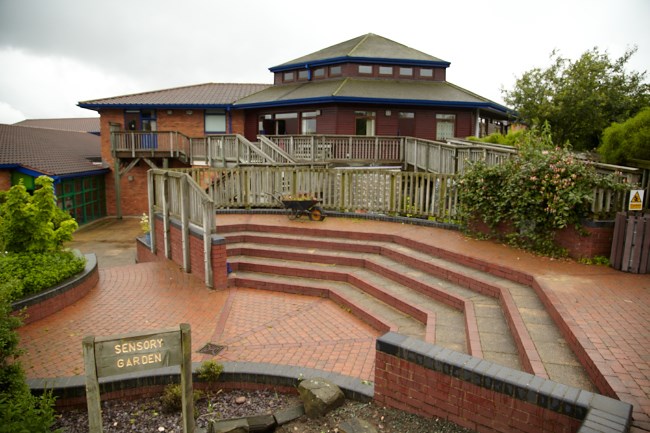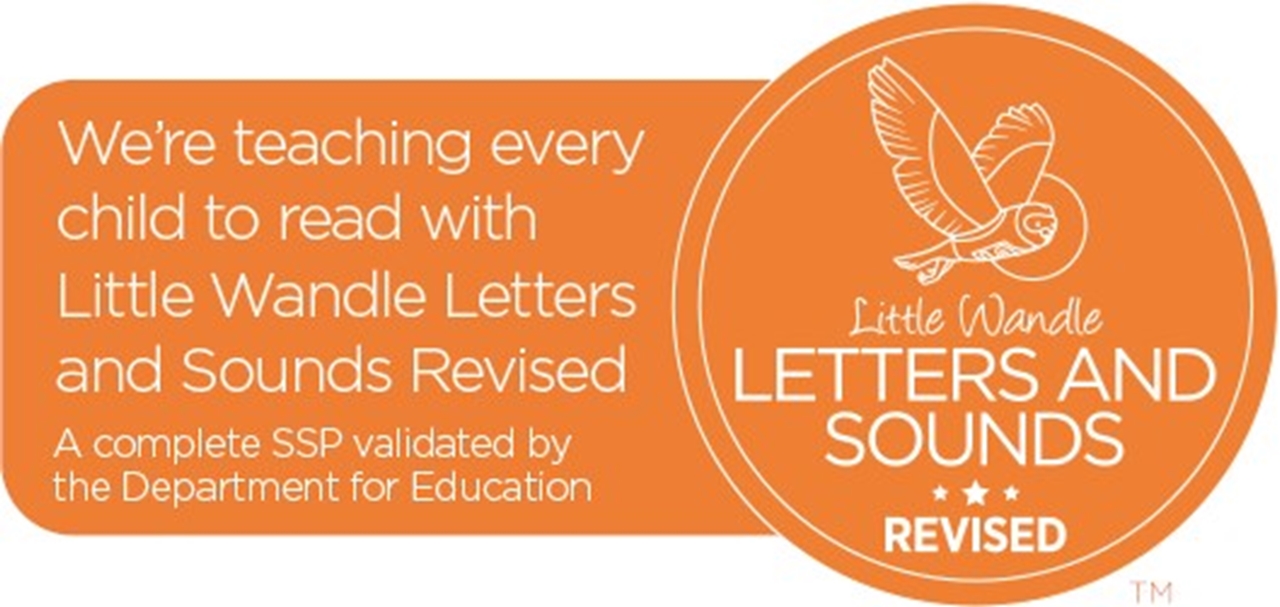Curriculum & Learning at Roberts
The curriculum is balanced and broadly based and designed to meet the needs of individual children. National Curriculum requirements in the core subjects of English, Mathematics and Science have been implemented along with the foundation subjects of Art and Design Technology, Computing, Design and Technology, Geography, History, Music and Physical Education.
French is also taught in KS2 at Roberts. We regard language and number work to be of prime importance and so special emphasis is placed on them.

Phonics is taught following the ’Little Wandle Letters and Sounds Revised’ scheme. Please click here to find out more about Little Wandle and for resources that will help you support your child with saying their sounds and writing their letters.
Subjects are grouped together so that a particular theme or topic is followed for a term or half-term. In this way we hope to make children's learning more relevant and enjoyable.
Religious Education is taught in accordance with the Dudley Agreed Syllabus. This reflects the fact that religious traditions in this country are in the main Christian, whilst taking account of other principal world religions. An act of worship is held each day. Parents have the right to withdraw their children from R.E and/or the act of worship and in such cases alternative work will be provided appropriate to the age and ability of the child.
We seek to provide a sound background in sport through National Curriculum Physical Education and a range of extra-curricular activities. We are concerned with developing good quality performance, an understanding of games principles, enjoyment, teamwork, cooperation and knowing how to improve. The school has use of two halls, two playgrounds, a multi use games area (MUGA) and a playing field on site. All pupils follow the National Curriculum Programmes of Study for Physical Education. Everyone receives at least two hours per week of Physical Education. Year 4 also attend weekly swimming lessons. For a number of years the school has also provided a range of after school sports clubs with specialist coaches to work in school.
Primary French is now part of the curriculum for children in Years 3, 4, 5 and 6.
Sex Education is not compulsory in primary schools. However, it is a requirement for children in Year 5 and Year 6 to be taught through Science and RSHE about external body parts, the human body as it grows from birth to old age (including puberty) and reproduction in some plants and animals.
Children in Year 1 take part in Forest School activities each term. Parents will be informed about Forest School activities at the start of the year.
Full details of Programmes of Study for each year and our curriculum can be viewed in the Information section of this website.
Early Years Curriculum in Nursery & Reception
Children in the Foundation Stage have their own Curriculum that they follow from entry into Nursery at the age of 3, through to the end of Reception Class at the age of 5. The children are involved in progressive topics and planned play and are guided towards Early Learning Goals. These establish expectations that children can work towards by the end of the Foundation Stage (age 5), through the main learning areas.
These learning areas are divided into areas and characteristics of learning:
- Personal, Social and Emotional Development
Teaching enthusiasm for learning, this area aims to promote self esteem, encourage co-operation and concern for each other. - Expressive Arts and Design
Children will have opportunities to explore thoughts, ideas and feelings through art, design, music, dance and imaginative play. - Communication & Language and Literacy
Children will learn to listen to each other and their teachers; they will be encouraged to talk about what they do. They will have lots of opportunities to enjoy stories and they will begin to know letters by shape and sound. They will learn phonics daily. - Mathematics
Develop in children an understanding of number, pattern, shape and space and measurement. - Physical Development
Children will have opportunities to practise skills such as cutting, drawing, running, climbing and riding bikes. They will learn how to stay healthy. - Understanding the World
Children will explore their environment, find out about their families, and about animals and plants. They will be encouraged to look closely at things. They will learn to use computers and recorders.
Children are assessed through their work and play on a regular basis by the staff. Assessment targets and goals are reported into the children's own individual profile booklets that link to the EYFS Guidance. These can be used as a starting point for discussion at open evenings and are passed on to the child's teacher once they enter Year One.




